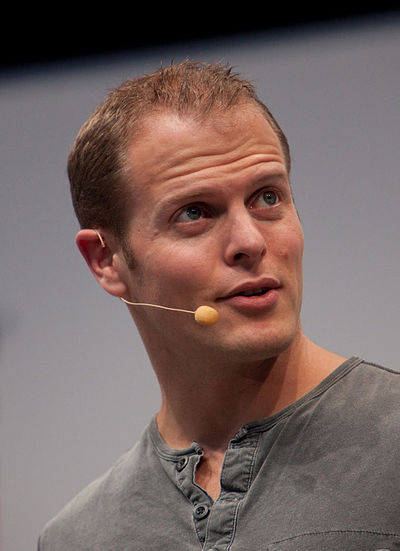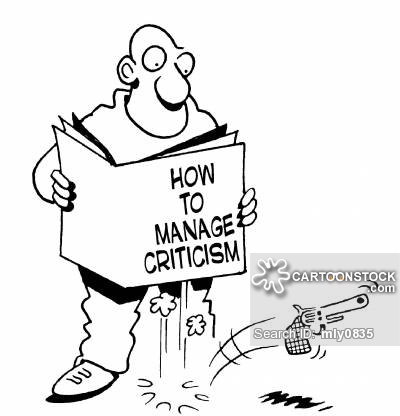
You know those books that you pick up by chance one day that goes on to change the way you look at life? The Four Hour Work Week (4HWW) by Timothy Ferris was one of those books for me. It was published a few years ago and through judicious application of his own principles, it hit the bestseller lists, and stayed there for about a year. That should tell you something.
Tim’s main point is that people work far too hard and long for a distant future where they relax for a few years before they die, when they could be liberating themselves from the workplace entirely. The revolutionary idea behind 4HWW is that most people don’t dream of being millionaires because they want to have million dollars, they dream of being millionaires because they want the lifestyle that they thinks come with being a millionaire. Ferris’ point is that you don’t need a million dollars to live that life, you just need time, and the 4HWW is basically a manual about how to free yourself and develop passive income streams to make you money without lifting a finger so you have that time.
If you think this sounds exploitative of others, you’d be right. Tim Ferris’ book is ultra-capitalism driven to the max, with recommendations to employ personal assistants in India, using online sites like Rentacoder to hire cheap labour and generally get everyone to do everything for you. I admit that suggesting that I hire these people and not these people, because these people will work for 50% less, made me a teensey bit uncomfortable.
The book, does, however, also provide options for people who are uncomfortable with this, and there are several businesses models outlined that run exclusively online and don’t use people at all. Those are the ones that I predominantly use for the organisations that I run. One thing that Tim Ferriss does point out is that hiring Indian workers for $4 an hour is still a high wage for them, and that by using their labour, all you’re doing s taking advantage of currency imbalances. That sounds less worse. So it’s your call.
And that is the point really: people who complain about not having control over their lives, for the most part, do, they’re just too scared to do it. While enthusing to people about 4HWW, many have skeptically remarked to me “if that’s really true, why aren’t everyone millionaires?” The answer is that following the tips and models outlined in Ferris’ book requires determination, utter self-belief and a willingness to take risks. Ferriss recounts a story where he took out five credit cards and maxed them all in order to fund a business idea that he completely believed in. Most people simply aren’t prepared to do that. If they were, we would all be millionaires, or at the very least feeling fulfilled and valued in our lives and work.
This point is somewhat demonstrated by the critical reviews that I have read, both of this book and of the follow-up, the Four Hour Body. Many people seem to believe that Tim Ferriss is making money simply from lying. Lots. About everything. The only way to make money is to get a job, sit down and work ’til you get ill. End of. Tim Ferriss has a writing style that does not help to dispel this myth, as he tends to add all kinds of stories that promise endless success and wealth by using people who made it as examples.

However, my response to these people is that they cannot have read the book. It’s divided in four parts, making the acronym DEAL: Definition, Elimination, Automation and Liberation. Definition is about saying “This is what lifestyle design is” – it becomes clear that Tim Ferriss has lived like an 80 hour a week entrepreneur, and also as a lifestyle designer totally dependant on other people to run his business for him as he swanned around Europe for 18 months. He knows what he would rather have. Much of the rest of the section is about establishing what *you* actually want, rather than what you think you want.
The rest of the book is dedicated to making those dreams happen. Elimination shows that for most people, much of what takes up our time is simply being inefficient, like the way we deal with email, or with people that annoy us, or with working in places that make it difficult to concentrate. It gives step-by-step instruction for how to end this cycle and give yourself more time. Automation is those online-based incomes I was telling you about, how exactly to leverage niche high-quality products that sell themselves while you sleep. This part, I highly recommend. But Tim does point out that the four hours you will eventually be able to spend on your business does not include the hundred hours a week you may have to initially spend on realising your idea; another reason I don’t think the critics have actually read the book at all.
The final step, Liberation, is about what to do after you have loads of time and enough money. This seems to be the hardest part for most people. Personally, I have enough projects and ideas sitting in folders that I could have something to do for every day of my life. But people used to 9-5 jobs seem to be at something of a loss when they suddenly have an extra 36 hours a week to fill. Tim Ferriss explains how to travel, learn languages, and generally make yourself a happy, fulfilled person that also helps other people (Ferriss has built something like a dozen libraries in developing countries). This part was less fun to me, I know what I want to do with my time, I just need more of it!

4HWW is, I hope I have established, a really, really good book. My only criticism of it, and indeed of the whole concept of lifestyle design, is that it has the potential to make you very lonely. I’ve read the Four Hour Body as well and am an avid reader of Tim’s blog, and I’ve definitely got the impression that Tim spends a lot of his time alone, and time spent with other people is often work-based and/or very efficiently used. I believe very firmly in “wasting” hours lying around on beds talking to friends, inebriated or not, and I find a lifestyle where most of your friends appear to be other lifestyle design bloggers somewhat wanting. Location Independant, another website I am subscribed to, is run by a couple with a child and has extensive writing on how to maintain a jet-setting, globe-trotting lifestyle without sleeping alone every night and treating everyone you meet as an agenda item. I’m sure Tim Ferris doesn’t actually do that – but he certainly seems to imply that you should.
I’ve made money from Ferris’ advice, but so far it has been peanuts on account on the fact that I do so many other things for free. I have made considerable gains in efficiency though, which according to the philosophy of lifestyle design, is just as important. His points about batching tasks and ruthlessly eliminating anything you don’t need to do have proved timely, and I have several hours a day that I didn’t before. That alone, I think, makes the $16 I spent on my copy while idly wandering throughout Houston airport well worth it. I’ll let you know about the money. :)